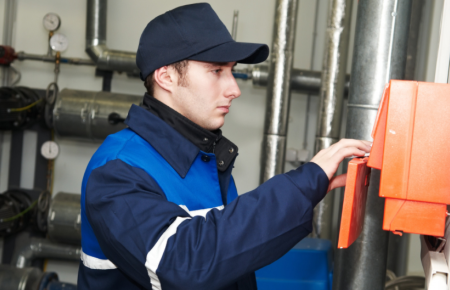The steps Queensland businesses need to take to correctly install an oil water separator
This article provides an explanation of the steps you need to take to install an oil water separator and ensure your business remains compliant with Queensland’s strict guidelines.
Clearwaste has nearly three decades of experience providing oil water separator servicing to Queensland businesses.
Contact us today to get a quote for your business’ wastewater needs.
Wastewater classification is quite simple: it’s any leftover or run-off water that’s created as a result of your commercial or industrial activities. This water is contaminated with oils, chemicals, and cleaning products, so it can’t go directly into the sewer system. It has to be treated first, using your oil water separator.
Here’s how to find the right one for your business, and ensure it’s installed safely.
Choosing the right equipment
You local water authority and council will have regulations around what type of oil water separator should be installed. Check in with them first to find the one that’s suitable for the kind of contaminants your business creates. The size you need will be determined by the volume of wastewater that your facility handles, and the time it takes for the separator to treat the water.
Getting your Trade Waste Permit
A Trade Waste Permit is an authorisation from your local council or water authority to discharge wastewater into the sewerage system. This permit usually attracts a fee, which goes towards the treatment and management of trade wastewater. It can’t be transferred, so you must obtain a new one prior to starting operations.
Installing your separator
Installing your oil water separator isn’t something you can do yourself—it must be installed by a licensed plumber. Once installed, your wastewater discharge must be checked by your local regulatory body.
Maintaining your oil water separator
Like any piece of equipment your oil water separator needs regular cleaning to keep it running in top condition. Regular cleaning prevents blockages, reduces odour problems, limits health hazards, and reduces the amount of oil, grease, and other hazardous materials leaching into the sewerage system.
Your council needs a written maintenance program that records the cleaning frequency, pump maintenance schedule, and facility maintenance associated with operating your oil water separator. This proves that you’re meeting their requirements, and doing your part to help limit the impact on the environment.
Clearwaste can help you with everything from oil water separator service, to an entire wastewater system installation. Contact us today for a free quote, and let’s get to work.

